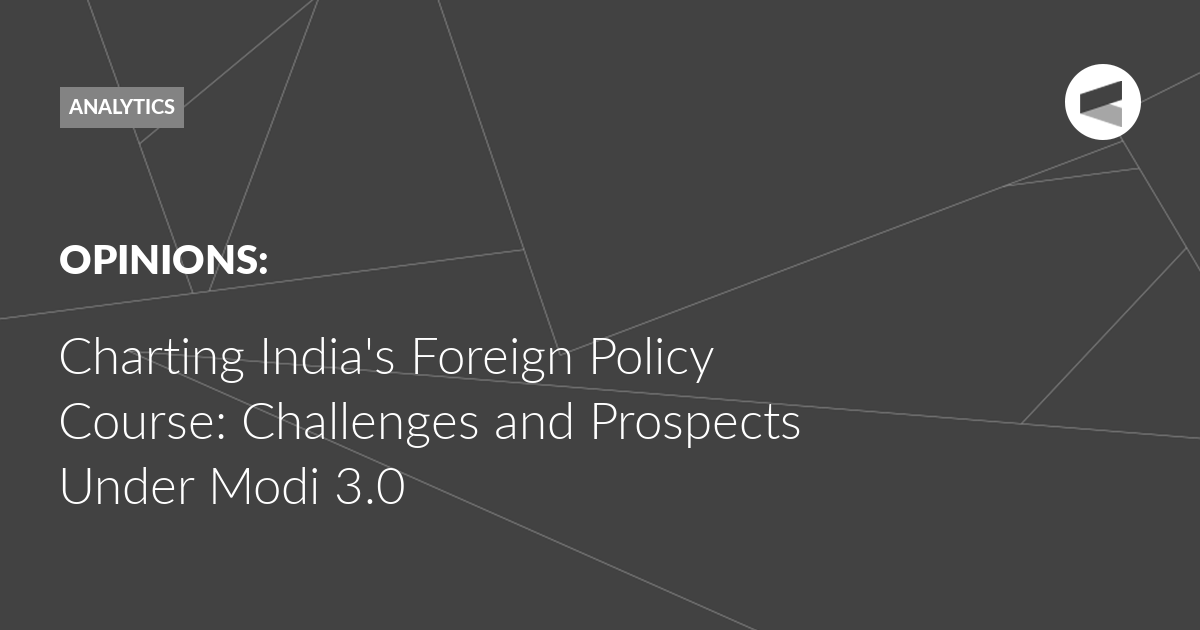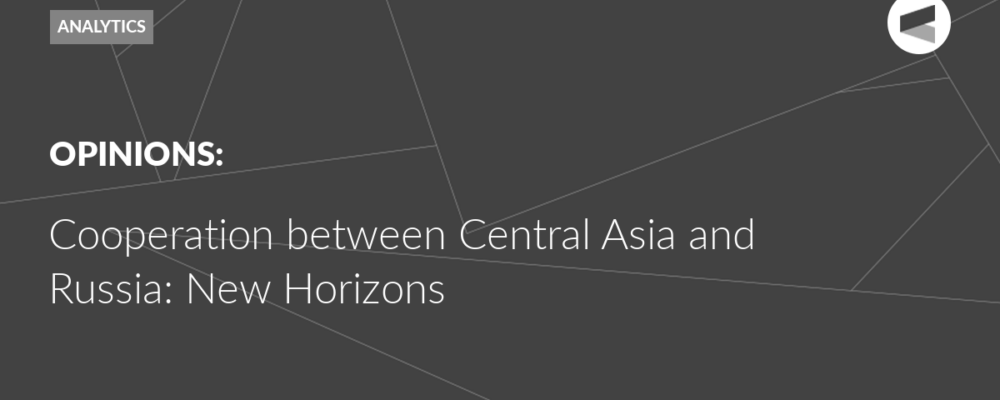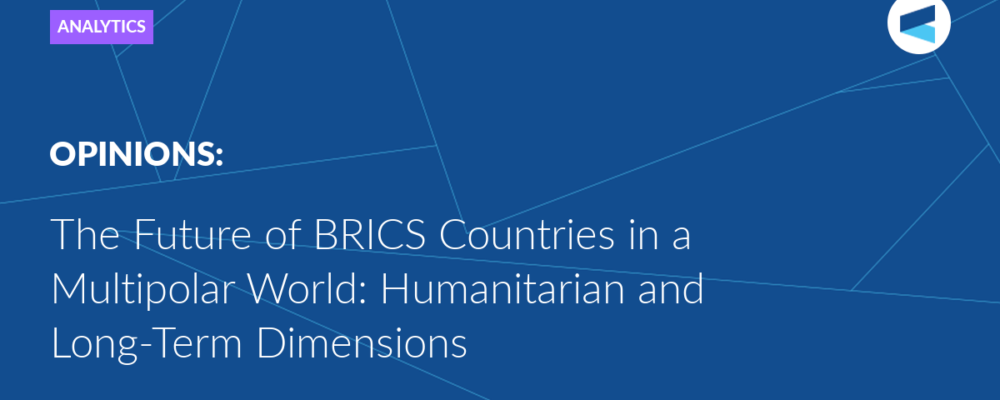Coalition Politics and The Rise of the Opposition
With a coalition government steering foreign policy, questions have arisen about its coherence and impact. History offers some insights. In 2008, the Manmohan Singh government faced challenges due to a coalition partner’s opposition to the US nuclear deal. However, experts believe the current situation might be different. Ambassador Shyam Saran, former Foreign Secretary of India, has emphasised that a coalition’s success in foreign policy depends heavily on its composition. A strong leading party with partners that lack distinct foreign policy agendas creates a more stable environment for decision-making. Despite some expecting a softening of India’s foreign policy stance, particularly concerning the West and the Ukraine war, Ambassador Saran suggests nationalism will likely remain a guiding force in Indian politics, maintaining a firm approach.
Regional partners within the coalition bring unique strengths. The JD(U) party is based in Bihar, a state that borders Nepal, and it can play a significant role in regional relations. Chandrababu Naidu’s TDP, for example, offers valuable contributions. Naidu’s experience as Chief Minister of Andhra Pradesh has equipped him to use “entrepreneurial diplomacy.” His efforts to attract foreign investment, especially from China, Japan, and South Korea, demonstrate his focus on economic ties. Maintaining effective collaboration between the central government and its regional partners is crucial. Working together will ensure that shared economic goals are translated into concrete action. Meanwhile, the domestic political discourse, including speeches by Congress Party leader Rahul Gandhi on several national security issues, has highlighted potential challenges for Modi’s new term, with the Opposition expected to play a significant role.
The China Challenge and The Pakistan Conundrum
The onset of Modi’s third term has been marked by strained relations with China. Notably, President Xi Jinping did not extend a congratulatory message to the prime minister. Tensions escalated when Mr. Modi acknowledged a congratulatory message from Taiwanese President Lai Ching-te, provoking a sharp response from Beijing. A Xinhua commentary warned, “Modi’s victory is overestimated, but it would be wise for him not to underestimate the challenges ahead.” Achieving a détente at the Line of Actual Control (LAC) will be a key priority of the Modi 3.0 administration. The Bharatiya Janata Party (BJP) has committed to accelerating the development of robust infrastructure along the Indo-China border in its election manifesto. Additionally, the manifesto emphasises ensuring “freedom of navigation and maritime security in the Indian Ocean” and “expanding India’s defence footprint across strategic locations in partnership with friendly countries.”
Amid India’s election proceedings, China hosted Pakistan’s Prime Minister, resulting in a joint statement on Jammu and Kashmir that drew objections from India’s Ministry of External Affairs (MEA). Recently, China also deployed advanced J-20 stealth fighter jets to Shigatse, only 150 kilometres from the Indian state of Sikkim, demonstrating its strategic military capabilities. This deployment underscores the ongoing tension and strategic manoeuvring in the region.
Meanwhile, prospects for détente with Pakistan appear bleak. Despite hints from Pakistan’s Foreign Minister about the possibility of resuming trade, a terrorist attack in Reasi, Jammu & Kashmir on the day of Mr. Modi’s swearing-in ceremony on June 12, 2024 underscores the growing violence in the erstwhile state. This incident, part of a broader trend of escalating conflict in the region, complicates any potential engagement with Pakistan. The persistent threat of terrorism and the volatile security situation make diplomatic efforts with Islamabad increasingly challenging.
Geopolitical Balancing and Leader of the Global South
External Affairs Minister S Jaishankar has articulated the guiding principles of India’s foreign policy in his second term, emphasising “Bharat First” (India First) and “Vasudhaiva Kutumbakam” (the world is one family). The government aims to position India as a “Vishwa Bandhu” (friend of the world) amid a turbulent global landscape rife with conflicts and tensions. As new interest groups, including the Global South, amplify calls for reform, India plans to leverage plurilateral and regional groupings to advance its agenda. The nation is poised to play a pivotal role in forums such as the G-20, BRICS, ASEAN, BIMSTEC, and IORA, underscoring its commitment to shaping regional and global governance frameworks. Simultaneously, Mr. Modi’s administration is poised to advocate for reforms in institutions like the United Nations, World Bank, IMF, and WTO, arguing that their decision-making frameworks are relics of a bygone era that must evolve to accommodate the multipolar world and the aspirations of emerging economies. In September 2024, Modi will renew India’s pitch for a permanent seat on the UN Security Council, aligning with its G4 partners’ longstanding campaign.
PM Modi’s visit to Russia
Prime Minister Narendra Modi chose Russia for his first bilateral visit, signalling his country’s commitment to strategic autonomy despite considerable efforts by the Biden administration to court him. During his visit to Moscow, Modi and Russian President Vladimir Putin agreed to boost trade between their countries. They have pledged to increase annual bilateral trade to $100 billion by 2030, up from the current $65 billion. This commitment signals a deepening economic partnership. Additionally, India’s establishment of new consulates in Ekaterinburg and Kazan highlights its growing interest in Russia. This visit reflects India’s underlying multipolar vision in its international outreach. It dispels misperceptions of a decline in India-Russia relations, demonstrating that cooperation between the two countries remains stable and unaffected by the current geopolitical configuration.
Conclusion
Prime Minister Narendra Modi’s third term balances continuity and change in India’s foreign policy, emphasising strategic autonomy, regional stability, and deeper engagement with the Global South. His “Neighbourhood First” policy, complex relations with China and Pakistan, and strengthened ties with Russia underscore India’s commitment to a multipolar vision and a significant role in global governance.
The Valdai Discussion Club was established in 2004. It is named after Lake Valdai, which is located close to Veliky Novgorod, where the Club’s first meeting took place.
Please visit the firm link to site






